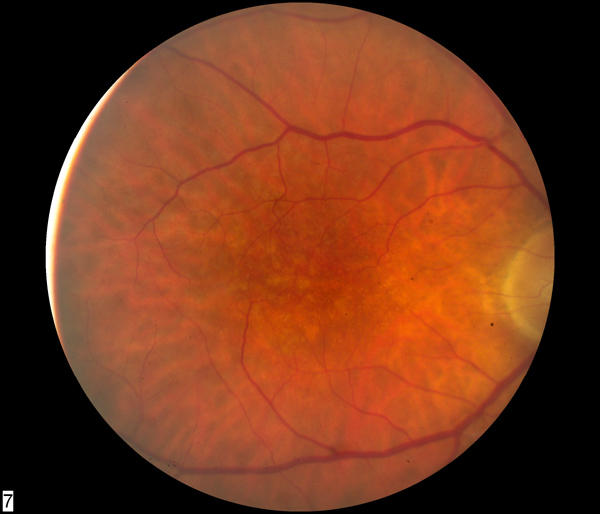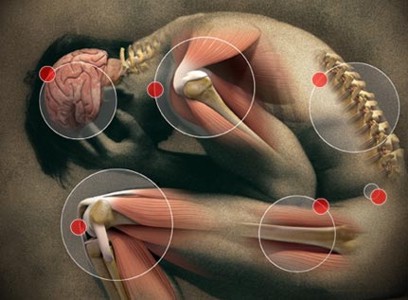Where Should You Have Your Angioplasty?
The American Heart Association has conducted a study and has determined that smaller hospitals are just as safe as large ones for elective Angioplasty. An Angioplasty will open up clogged arteries with a balloon or prop them open with mesh like stents. In the past, many patients have had to travel long distances for Angioplasty or stents. Dr. Thomas Aversano, Associate Professor at Johns Hopkins Medical Institute in Baltimore conducted this study that “may bolster programs that offer Angioplasty at community hospitals, some of which only offer the procedure only during emergencies such as heart attacks” (http://yourlife.usatoday.com/health/medical/story/2011-11-14/angioplasty). If you have purchased an...
Continue reading













